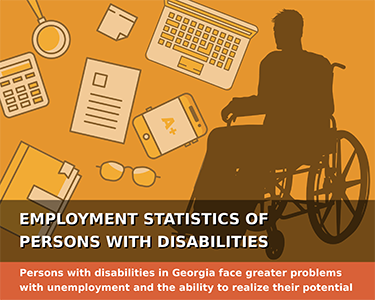
Georgia Failed to Implement Most of the Anti-Corruption Recommendations Issued by OECD-ACN in 2017
In February 2018, Anti-Corruption Network of the Organization for Economic Cooperation and Development (OECD-ACN) published its first progress report on anticorruption recommendations it issued for Georgia in its Fourth Round Monitoring Report. Of the 22 total recommendations, only two showed significant progress, 10 were assessed as having some progress, while the remaining 10 lacked progress of any kind.
